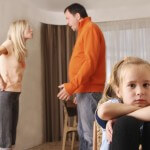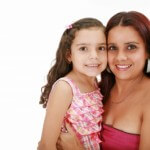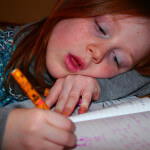Color Through Divorce: A Therapeutic Col...
The first weeks and months after a separation or divorce can be quite challenging. With so many emotions -- especially anger, sadness and fear -- fighting for your attention, it's a wonder you make it through your day. To complicate matters even more, not only are you worried about yourself but you are worried about your kids too. What will the effects of divorce be on my child? Will I be able to help my child through my divorce? Will their behavior and grades be affected? What do I say if they get sad or mad? What if I don't know what to say at all? These and many more questions are probably swirling around your head. They were swirling around my head when I faced my divorce and most every parent has the same concerns. Sara Woodard-Ortiz is no different. After finding out that her husband had been cheating









